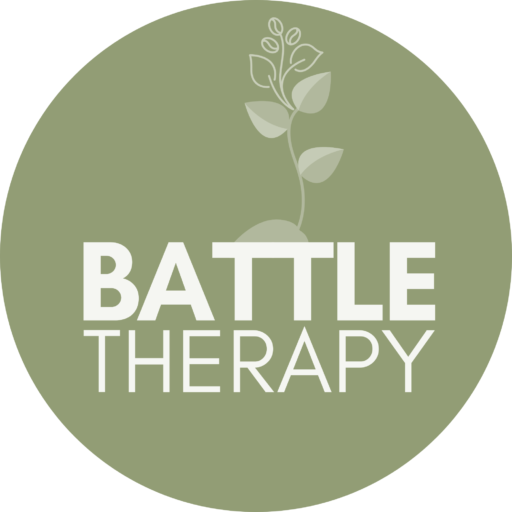The counselling relationship is unlike any other that you might have experienced, and it can take time to find the right person; someone you can trust to hold the space for you to share and to be vulnerable in; who works in a way that suits you; and who has availability and capacity to meet your therapeutic needs.
It’s vital to consider your needs and what’s important to you. Are you looking for someone with a certain level of qualification, or number of years of experience? Would you feel most comfortable with someone experienced in working with similar presenting issues to yours? Is there a level of cultural or religious understanding that it’s important to you to know that your counsellor holds?
Many therapists offer a consultation session designed to discuss your needs. This gives you an opportunity to sit with them, ask all of your questions and get a sense of whether you’re right for each other. You might need to approach a number of different therapists – a good therapist will never be offended that you decided they weren’t right for you and will always be honest with you if they feel that they’re not a good fit for your needs. A dedication to ethical practice lies at the very heart of counselling.
There are a number of professional membership bodies that many counsellors belong to. They are not mandatory and membership bodies are distinct from qualification awarding bodies. However, you might find it reassuring to use one of their counselling directories. These include:
British Association of Counsellors and Psychotherapy (BACP)
National Counselling Society (NCS)
Here’s a couple of other listing sites you could try:
